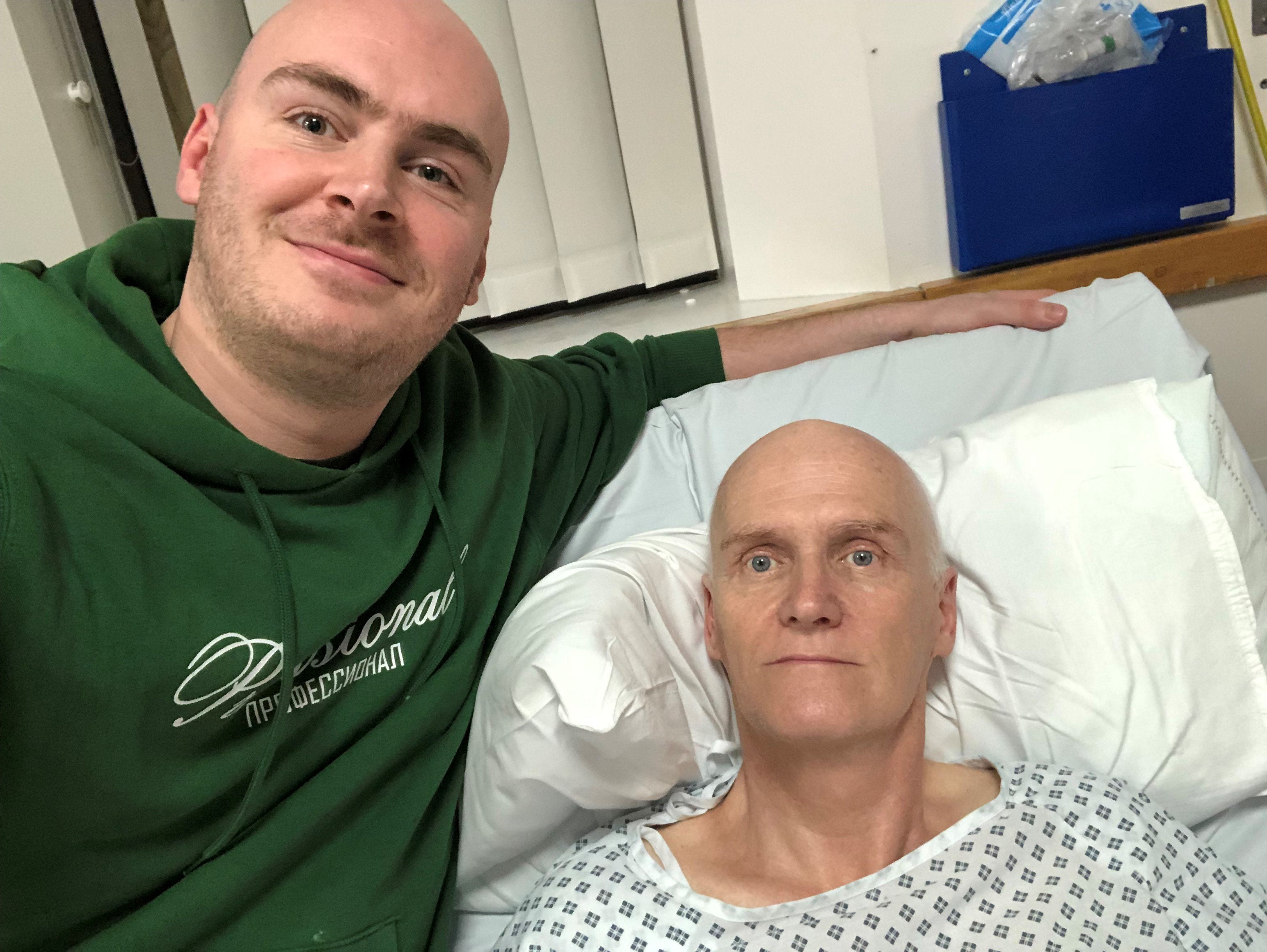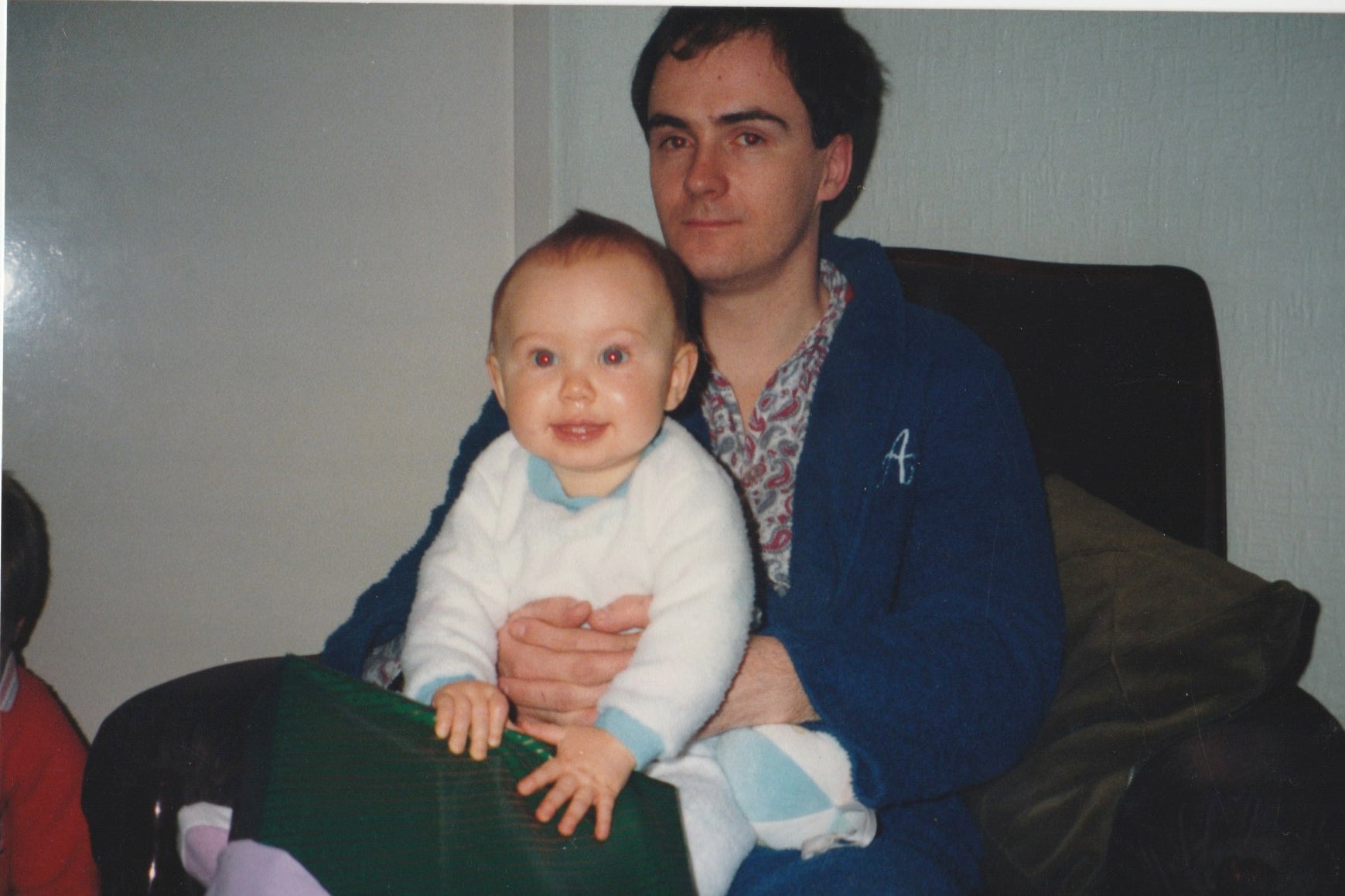50,000 people will die from pancreatic cancer by 2029 unless NHS gets major investment, charity warns
Exclusive: More than half of those with pancreatic cancer die within three months with the survival rate at just 7%

At least 50,000 people will die from pancreatic cancer over the next five years unless the government gives more funding to improve how quickly the condition is diagnosed and treated, a major charity has warned.
Pancreatic Cancer UK hit out at 50 years of “unacceptably slow progress” compared to other types of cancer as it warned that thousands of lives will be lost unless £35m of “urgent” investment is put towards improving survival rates of the disease.
The charity predicted that pancreatic cancer – described by experts as the “quickest-killing cancer” – is expected to kill more people each year than breast cancer by 2027, which would make it the fourth-biggest cause of cancer deaths in the UK.
The charity has also called for a commitment to treat everyone diagnosed with the cancer within 21 days, which it says would double the number of people getting treatment in time.
Figures show that, compared to the 52.5 per cent survival rate across the 20 most common cancers in the UK, those with pancreatic cancer have just a seven per cent survival rate.
Around 10,500 people are diagnosed with the disease each year, with 9,558 deaths a year, according to Cancer Research UK, with more than half of people dying within three months of diagnosis.

In May 2019, Jeff Rogers died with the disease just six months after being diagnosed. His initial symptoms were mistaken for diabetes and it was only after a second visit to his GP and weeks of waiting for scans that the cancer was discovered.
By this time, it was too late for Mr Rogers to receive treatment. He died aged 59.
His son, Lewis Rogers, said: “Dad’s ethos was to make the most of his six months. We are so lucky to have had this time, but it is only six months. That’s the reality.
“I know many people don’t even get that, but it’s very easy to feel like you’ve been robbed of precious memories. I remember so clearly saying goodbye to him for the last time.”
He added that the “people in power” must commit to investing in research and getting people diagnosed faster.
“It is entirely achievable. But it requires those in power to pledge to make improving pancreatic cancer survival a priority,” Mr Rogers said.

Pancreatic Cancer UK argues that the increased investment for other cancers, such as leukaemia – which saw funding rise from £17m to £33m – have led to increased survival rates.
Currently, three per cent of money spent on overall cancer research is invested in pancreatic cancer.
The current NHS target is for at least 85 per cent of people diagnosed with any cancer to receive treatment within 62 days. This has not been met since 2015.
However, the UK charity has said even this timeline is too slow for pancreatic cancer and is calling for treatment times to be reduced to within 21 days.
Early symptoms of pancreatic cancer such as persistent indigestion, weight loss and back or stomach pain are common to many other health conditions. Once the disease is suspected, multiple tests are often needed. Slow processes in decision-making can mean the diagnosis comes too late, according to Pancreatic Cancer UK.
Currently, 70 per cent of patients diagnosed do not receive any treatment, with 10 per cent of people getting potentially curative surgery.
“People are often waiting too long for treatment to begin because of challenges in coordination between different healthcare teams and significant NHS staff shortages across almost every role connected to cancer,” the charity said.
Diana Jupp, chief executive office for Pancreatic Cancer UK, urged major parties to commit to the following in their election manifestos.
Ms Jupp said: “Generations of politicians, from all political parties, have failed people with pancreatic cancer and their loved ones. This devastating disease has been neglected and underfunded for decades, and without urgent action, it will soon kill more people each year than breast cancer.”
“Change is possible, we’ve seen this from other European countries who have access to the same diagnostic tools and treatments as we do but deliver better outcomes for patients. However, the UK is being left behind.”
A Department of Health and Social Care spokesperson said: “Pancreatic cancer is a devastating disease and we remain committed to improving patient outcomes. We have invested £2.3bn into speeding up diagnosis and launched 154 community diagnostic centres across England which will help us achieve our aim of catching 75 per cent of all cancers at stage 1 or 2 by 2028. We will build on this progress, improving prevention, diagnosis and treatment for all cancers through our forthcoming major conditions strategy.”
The Labour Party was approached for comment.
Join our commenting forum
Join thought-provoking conversations, follow other Independent readers and see their replies
Comments
Bookmark popover
Removed from bookmarks